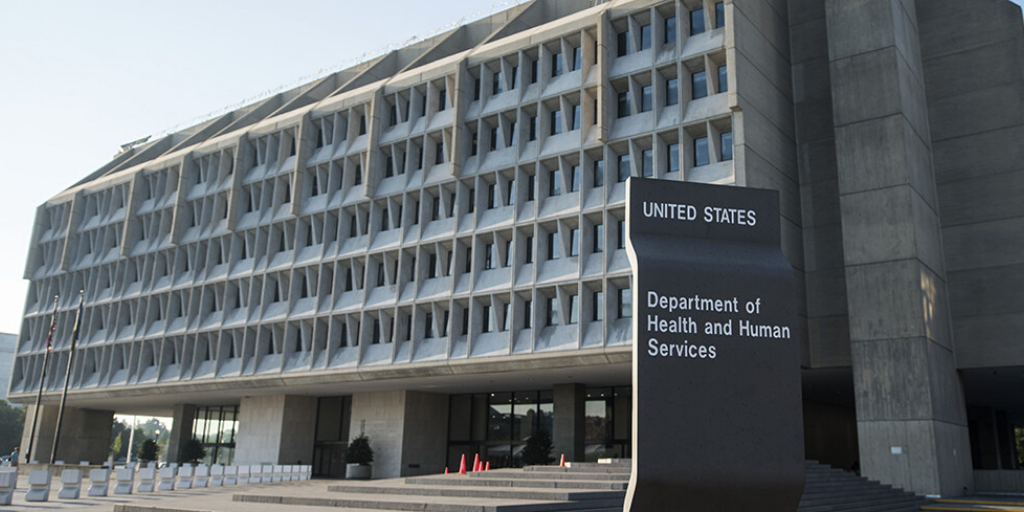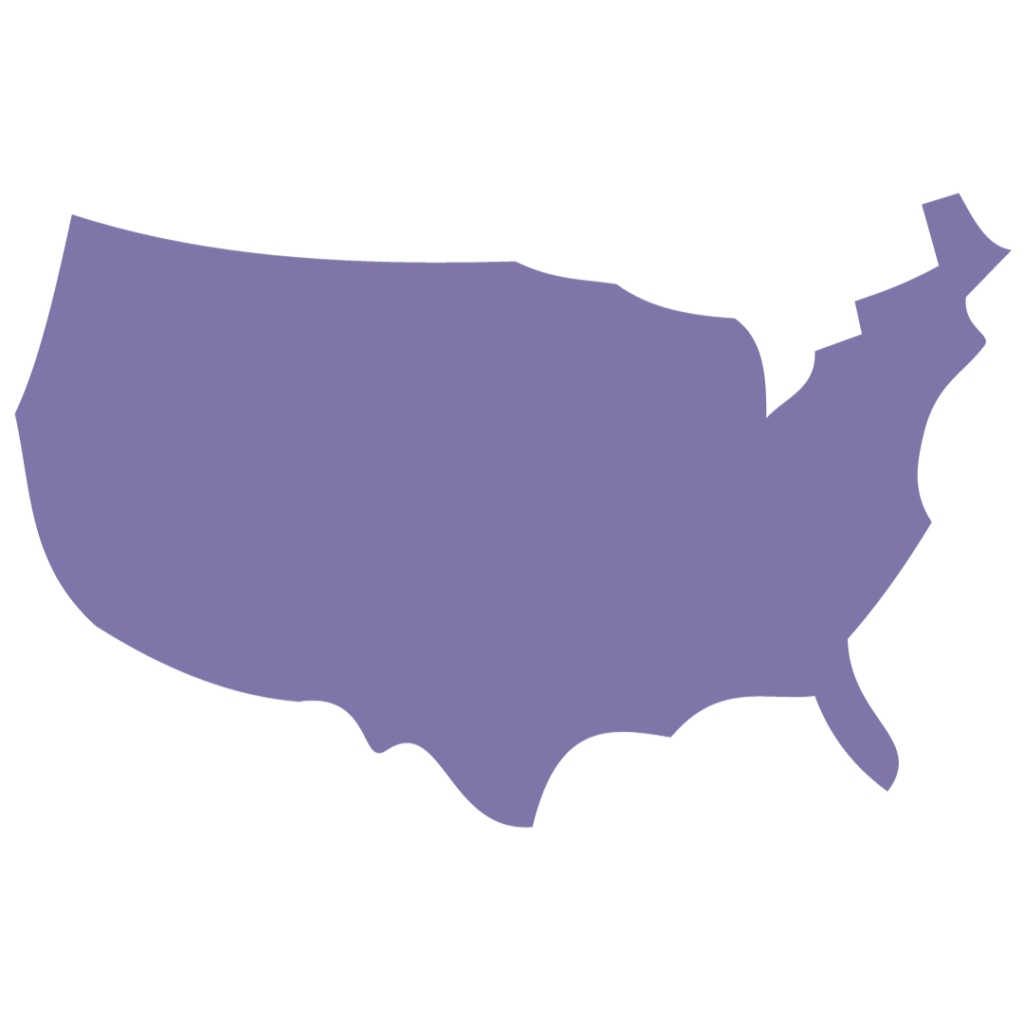New Funding Opportunity Encourages ECE & Child Welfare Collaboration

In January, the U.S Department of Health and Human Services’ (HHS) Children’s Bureau announced a grant opportunity to promote better coordination between early childhood education (ECE) programs and child welfare services.
Even though ECE programs and child welfare agencies share common goals to support children’s healthy growth and development, there are ongoing challenges with collaboration between these entities. The “Building Early Childhood-Child Welfare Partnerships to Support the Well-Being of Young Children, Families, and Caregivers” grant opportunity aims to ensure more children involved in the welfare system and in foster care can benefit from high-quality early learning programs. The notice explains that this funding could “effectively prevent child abuse and neglect and provide comprehensive supports to children and families.”
Research shows that ECE, and Head Start in particular, can be especially beneficial to this population. Longitudinal analysis of data from the Head Start Impact Study found that children in foster care experience cognitive, social-emotional, and health benefits from Head Start. Another study of children in the child welfare system found that those who attended Head Start were significantly less likely to end up in foster care. And Early Head Start has been shown to prevent child maltreatment. The notice emphasizes the need to address disparities in ECE access for children of color, who may be at increased risk of involvement in the child welfare system.
Better coordination and collaboration would break down the barriers that cause many qualifying children not to utilize ECE programs. Children in foster care have categorical eligibility for Head Start, meaning they can attend regardless of family income. However, only 16% of eligible children ages 0-5 in foster care were enrolled in Head Start or Early Head Start for the 2019-2020 school year. Head Start programs are encouraged to prioritize enrollment for children involved in the child welfare system. All children in protective services also qualify for child care subsidies. Despite policies setting these priorities, more work is needed to ensure that children actually benefit.
While ECE programs and child welfare services both play essential roles in meeting children’s needs, collaboration has historically been challenging, and it has been more difficult during the pandemic. At the same time, the pandemic has made the need for services more urgent as many children and families have experienced significant hardship and trauma over the last few years. Improved coordination provides benefits beyond just early learning and care, as high quality ECE programs can also connect families to other important social services.
The notice mentions potential strategies to employ, such as creating opportunities for joint training and improving strategies to facilitate referrals between agencies. This grant opportunity builds on two rounds of funding for Child Welfare-Early Education Partnership grants back in 2011 and 2014, which can offer lessons for future grantees. It also builds on other recent efforts to better align ECE programs with other social services. Last year, the Office of Head Start (OHS) expanded categorical eligibility to include children who qualify for the Supplemental Nutrition Assistance Program (SNAP). Such efforts can make it easier for families to navigate the often confusing web of social services and supports.
According to the notice, $2.2 million in funding is set aside and HHS expects to give eight awards ranging from $250,000 and $275,000. While this is a small grant program, it could have a meaningful impact on a high-risk population. Applications are due on March 13, 2023.
Subscribe to FFYF First Look
Every morning, FFYF reports on the latest child care & early learning news from across the country. Subscribe and take 5 minutes to know what's happening in early childhood education.



